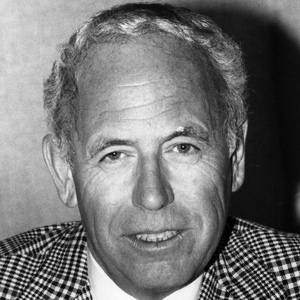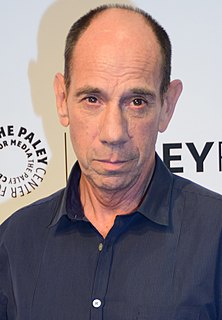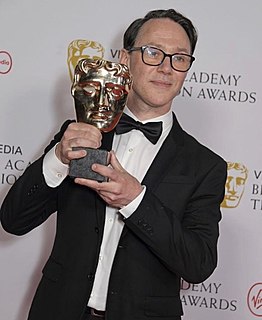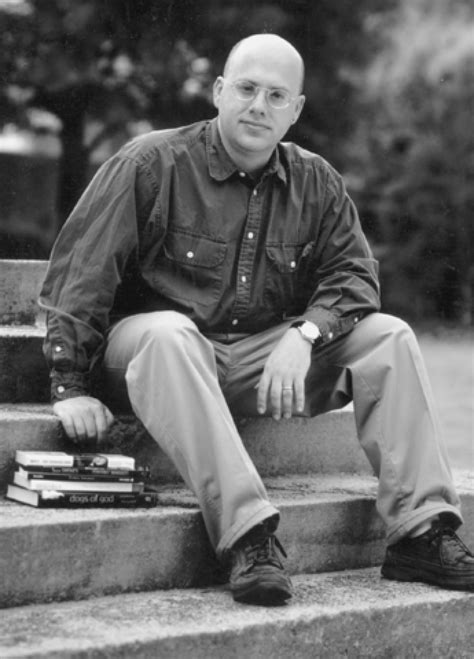A Quote by Clive Barker
For a writer, and particularly a writer of my genre, which is the fantastical, I think that it's to my advantage to feel remote from and disconnected from the world of deal making.
Related Quotes
Oh, I love labels, as long as they are numerous. I'm an American writer. I'm a Nigerian writer. I'm a Nigerian American writer. I'm an African writer. I'm a Yoruba writer. I'm an African American writer. I'm a writer who's been strongly influenced by European precedents. I'm a writer who feels very close to literary practice in India - which I go to quite often - and to writers over there.
Don't put down too many roots in terms of a domicile. I have lived in four countries and I think my life as a writer and our family's life have been enriched by this. I think a writer has to experience new environments. There is that adage: No man can really succeed if he doesn't move away from where he was born. I believe it is particularly true for the writer.
It's great to win a few prizes early on. It helps a writer to get noticed and to get some sales. It can also be a pain in the arse because it gets in the way of the quiet, contemplative time every writer needs, but which is particularly important when you are a new writer finding your own voice, and pursuing the things that interest you.
The writer’s job is to write with rigor, with commitment, to defend what they believe with all the talent they have. I think that’s part of the moral obligation of a writer, which cannot be only purely artistic. I think a writer has some kind of responsibility at least to participate in the civic debate. I think literature is impoverished, if it becomes cut from the main agenda of people, of society, of life.
Audiences are very sophisticated and they know the nuts and bolts of the genre - certainly with horror more than others I think. But they attract lots of people, they're much derided as a genre but people go and see them and they're not all dumb. There's some very clever horror films. Stephen King gets a lot of flack for not being a proper writer because he's a horror writer, but I think he writes some brilliant books. I think it's wrong to just bin it before looking at it.
There's the fact that American fiction is basically the most apolitical fiction on the globe. A South American writer wouldn't dare think of writing a novel if it didn't allude to the system into which these people are orchestrated - or an Eastern European writer, or a Russian writer, or a Chinese writer. Only American writers are able to imagine that the government and the corporations - all of it - seem to have no effect whatsoever.
Writer-directors are a little bit more liberal, rather than having just the writer on the set, because I think sometimes the writer becomes too precious with the words. If you're a writer-director, you can see what you're doing and see your work in action, so I think you can correct it right there and still not compromise yourself.






































